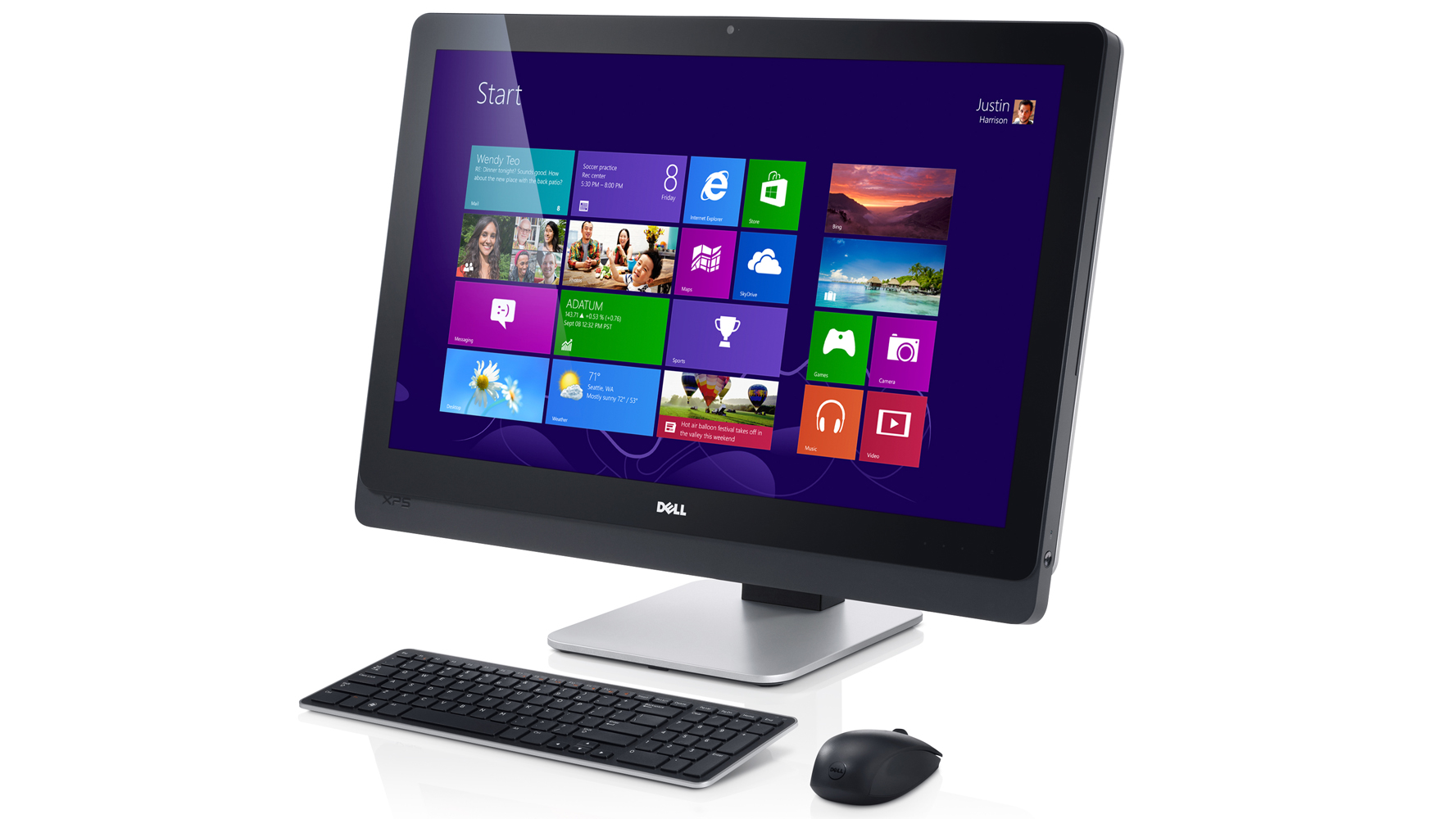Why the PC of 2020 could be bad news for modders
BGA sockets, upgradeable CPU features, on-die memory and flash storage

The recent BGA scare and the mooted death of the desktop PC isn't quite what it seems. Not for now, anyway. But it does hint at a dramatically different future for the PC five years or so from now.
To quickly recap, the shizzle with BGA is that it doesn't allow for drop-in CPUs. You'll have to buy CPUs soldered onto motherboards.
That's almost definitely not going to happen for desktops in the Broadwell time frame, which is 2014. Everyone chill.
Relax, everyone
But it very probably is part of the longer term future. And it's all part of the likely future of the PC five years or so from now.
The first piece of the puzzle is AMD or rather the failure of AMD to compete. It gives Intel so many more options to squeeze customer behaviour and test market tolerance when there isn't an obvious alternative.
In that context, it's easy to imagine Intel forcing the desktop into the BGA and soldered-on format with a much simplified range of CPUs and then mixing things up with upgradeable CPUs.
The idea here is paying for and downloading a code that unlocks CPU features and performance. Think higher clocks, more cache and features like Hyperthreading.
Sign up for breaking news, reviews, opinion, top tech deals, and more.
Intel has already dabbled with this idea back in 2010 when it offered upgrade cards for certain low end Pentium processors that unlocked cache memory and enbaled HyperThreading.
It's pretty grim stuff, but with soldered-on chips and higher levels of feature integration, there's a good chance it will become the norm. Especially if there's no realistic AMD alternative.
Then again, maybe it's unavoidable, again thanks to the pesky subject of feature integration. Today's CPU already integrate graphics, memory controller and I/O functionality. Soon, they'll have things like USB and storage controllers on-chip.
Stacked dies
A little further out and it's likely stacked dies will take over. That effectively means piling several computer chips on top of one another and cramming them into a single package. That'll include all of the above but add main system memory and flash memory for storage, among other features.
When that happens, you really will have a pukka system on a chip. And the notion that you'll be dropping such a complex, multi-layered beast into sockets willy nilly becomes a bit fanciful.
You'll need a BGA interface for its more reliable electrical connections, its better heat dissipation and all that jazz.
Of course, by 2020 the notion of a conventional PC might seem a bit quaint. Who knows. But however it turns out it's very unlikely that you'll be able to mix and match components as you can today. Enjoy it while it lasts.
Technology and cars. Increasingly the twain shall meet. Which is handy, because Jeremy (Twitter) is addicted to both. Long-time tech journalist, former editor of iCar magazine and incumbent car guru for T3 magazine, Jeremy reckons in-car technology is about to go thermonuclear. No, not exploding cars. That would be silly. And dangerous. But rather an explosive period of unprecedented innovation. Enjoy the ride.